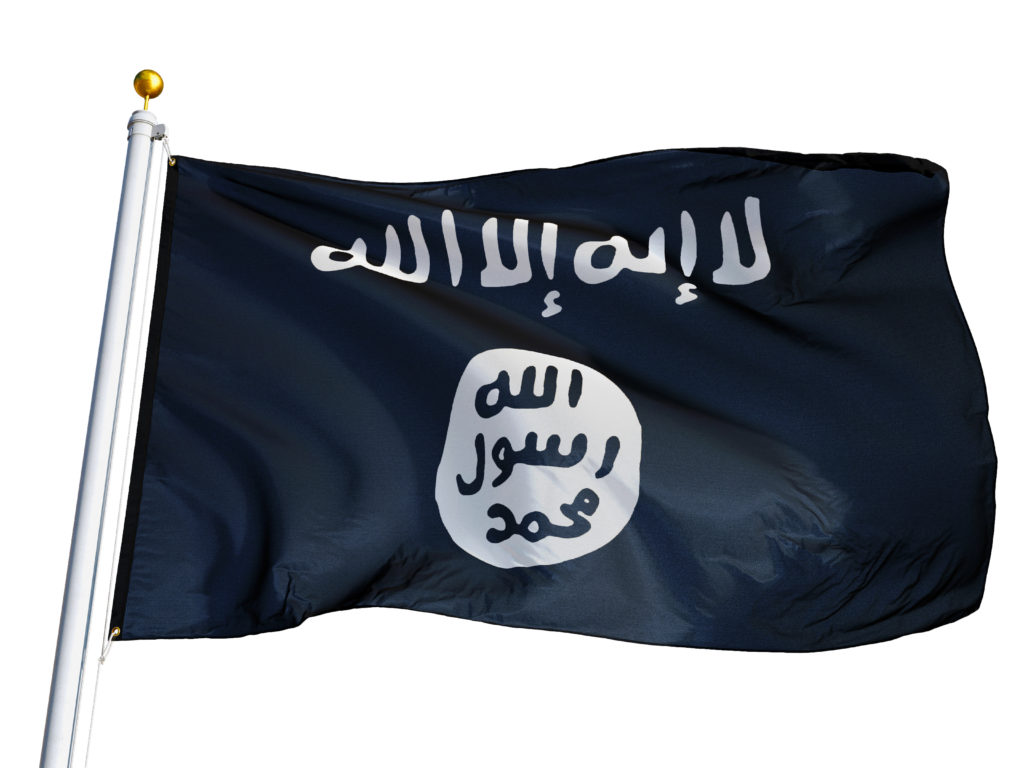
El Shafee Elsheikh and Alexanda Kotey were raised in Britain and are now alleged to have been part of an ISIS terror cell, known as “the Beatles.” The terror cell was responsible for the beheadings of British aid workers David Haines and Alan Henning and American journalists James Foley and Steven Sotloff. El Sheikh and Kotey were captured in February by Syrian Kurdish fighters. Their detention prompted negotiations between the UK and US governments about where the pair should be prosecuted.
In July, it was revealed that Home Secretary, Sajid Javid, had written to the US Attorney General, Jeff Sessions, telling him that the UK “does not currently intend to request” the transfer of Kotey and Elsheikh to Britain and there are “strong reasons for not requiring a death penalty assurance in this specific case.” That letter led to lawyers acting for Elsheikh’s mother, Maha Elgizouli, to request the suspension of the US/UK agreement on mutual legal assistance.
Home Office lawyers subsequently agreed to suspend cooperation between the UK and US governments until a High Court hearing which took place on Monday.
The High Court hearing
On Monday, the High Court heard an application, from lawyers representing the mother of Elsheikh, challenging the British government’s decision to co-operate with US authorities over the prosecution of Elsheikh and Kotey without assurances that they will not face the death penalty if convicted of terrorism offences in the US.
Lord Burnett of Maldon and Mr Justice Garnham heard an application which suggested that the UK government’s decision not to request assurances that Elsheikh and Kotey would not face the death penalty was “a clear and dramatic departure from the UK’s longstanding, international and domestic commitment to oppose the continuing exercise of the death penalty.” In response, lawyers representing the Home Office, argued that there was “no domestic authority which establishes that the government is under an obligation not to provide mutual legal assistance to a friendly foreign state which is governed by the rule of law and which has the death penalty.” Both Elsheikh and Kotey had their British citizenship revoked, in 2014, when they left the UK to join other ISIS soldiers in Syria, therefore it was argued that they have no rights under the EU Charter of Fundamental Rights or the UK Human Rights Act and are beyond the jurisdiction of the European Convention on Human Rights.
Judgment is expected to be reserved until a future date.
Not unprecedented
Until this week it was widely believed that this case was the first departure from the government’s Overseas Security and Justice Assistance policy (OSJA), which requires the government to assess the human rights’ risks when operating or providing assistance overseas. Normally, this would include demanding an assurance that the death penalty would not be imposed before assisting another government with a criminal prosecution. However, in a statement, Ben Wallace MP explained that: “a review of available records dating back to 2001 has been undertaken and I can confirm that this has occurred on two previous occasions that have been identified, under successive governments…due to the potential to harm ongoing criminal investigations or future prosecutions, and the confidentiality attached to mutual legal assistance, it would not be appropriate to share further information.”
Categories: United Kingdom, United States



Recent Comments